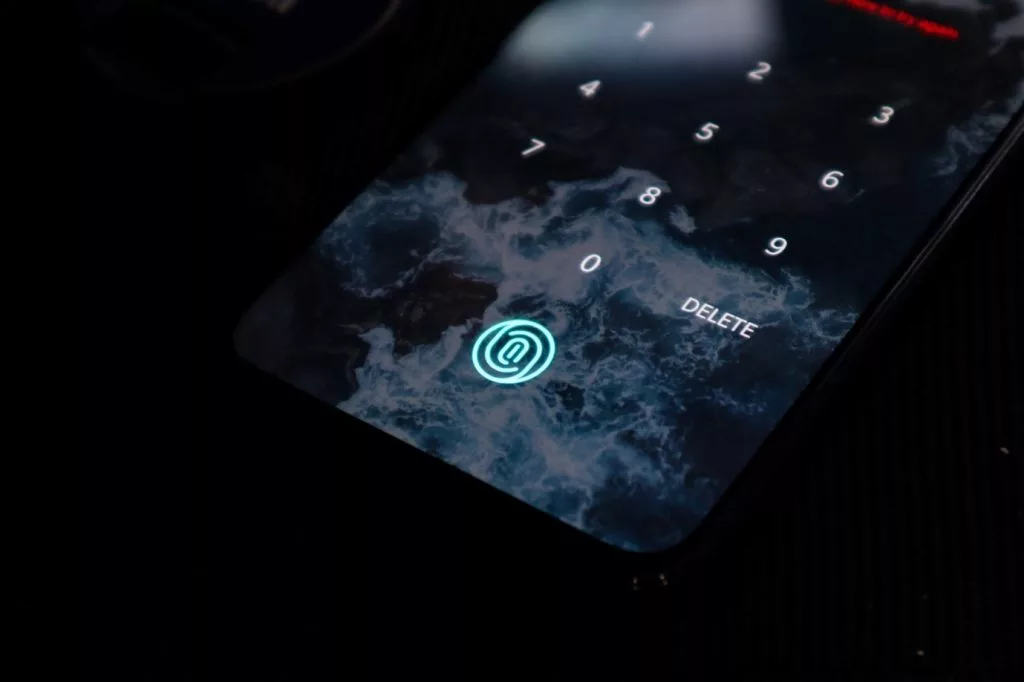There is no doubt that leaving devices prone to harmful viruses and other types of cybercrime left us unprotected. When we talk about the security of mobile devices, there is no guidebook that will instruct the user to protect the device. However, there are certain risks that are changing and evolving as per our tendencies. As a result, the following are some of the most critical techniques for keeping mobile data safe and secure.
In This Article
Keep It Up to Date
There are some things that need to be done like our desktop or laptop needing periodic software updates as the Cargo Registry systems and other digital assets for individuals and businesses in general. There are companies that offer updates foremost to close security gaps and help repair vulnerabilities in their products. Hackers and other cyberpunks will find it simpler to target the old software versions that are running on smartphones, which results in making these devices the primary target. The practice is simple for them and should take no more than a few minutes.
The software changes are designed in such a way that they will address a significant number of scalability and reliability issues. As you update the software on your device, the smartphone may get new features and be able to work better with other applications.
Back-Up Your Files to the Cloud
Backup your smartphones are one of the most crucial things that you can do to secure the data and information in 2023.
Backing up your data on a cloud server or on an external hard drive may give additional protection or security to your data on our smartphones. We strongly recommend using cloud-based backup software like Google Drive and Dropbox among others. This seems to be the easiest and most convenient way to back up our information in the cloud.
If someone sneaks or steals your smartphone then you can always delete the information remotely and get it back from the cloud. Avoid keeping any private photos or confidential documents on your smartphone in case you want to keep your personal information as safe as possible. Once you uploaded it to the cloud, the password protects them.
Install Antivirus Software
The files and software you download and install on your smartphone may contain hazardous malware. Once they are launched on your device, they will send the information to the hackers and will leave you exposed. Therefore, installing a reliable antivirus program can save you from such threats. There are some other capabilities of the antivirus software which include erasing your data in case you lose your device and tracking and preventing unusual calls that may represent a threat. It may also warn you of the risky programs. This antivirus can also delete our Internet history and cookies. Cookies are little software that stores our login information and may be exposed if exploited.
Avoid Using Third-Party Applications
If you are using an iPhone device, then you don’t need to worry that much. Bi if you are using Android and want to keep yourself safe, then avoid installing programs or apps from unknown sources. If you still want to use third-party applications, then you need to research the programs and need to be sure that they are absolutely safe. You can read the reviews, and don’t download an app that requires you to give it a lot of personal information right away.
Use Public Wi-Fi Carefully
You may not want to use all of your data. However, public WiFi is prone to risks and is more hazardous. So it is recommended to perform any financial transactions or email sensitive data while you use it. Consider using a VPN to encrypt the data you transfer over the internet.
Deny More, Allow Less
When you download an application or a program then you may need certain permissions to perform correctly. For instance, A camera application may need access to your gallery to work in the correct way. Shopping apps demand GPS, camera, and storage space areas and some even ask for email addresses for quick login.
You may have noticed that anytime you allow program access to your email, Gmail shows a warning message.
The point here is that you should remain cautious to give permissions to an app. In other cases, the applications may not even need the permission that it is asking for. As a result, think about it before clicking the “accept” button.
Takeaways
As we all know that mobile devices continue to be the prime target for hackers, so it is time to take mobile device security as well as other threats to mobile security more seriously. It should be noted that mobile devices are just as vulnerable to cyber threats as PCs and other types of computer devices. Threats like malware, social engineering, cyber-attacks, network attacks, and even physical theft can take place.




